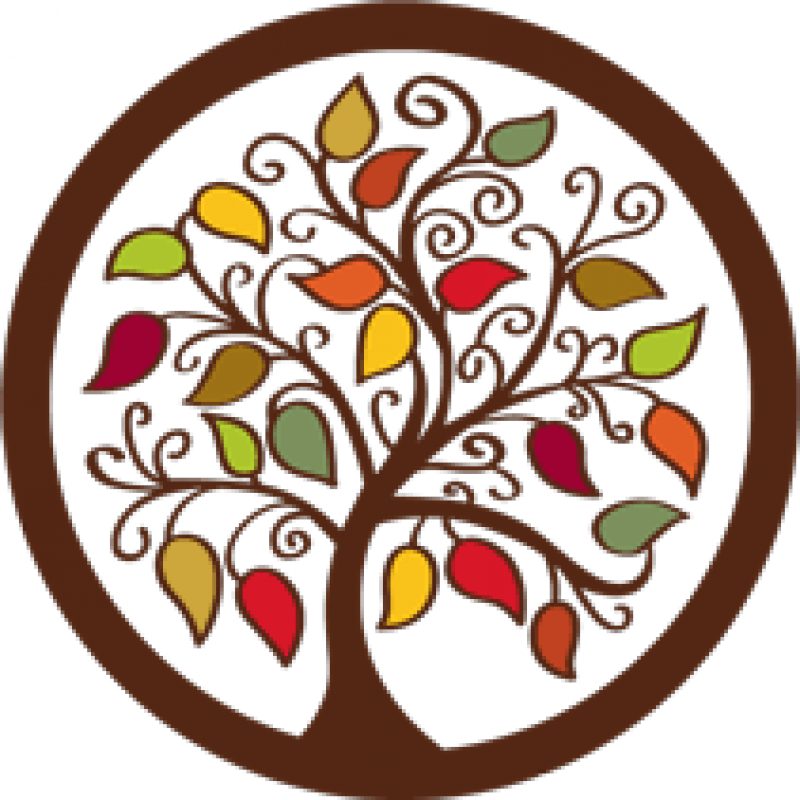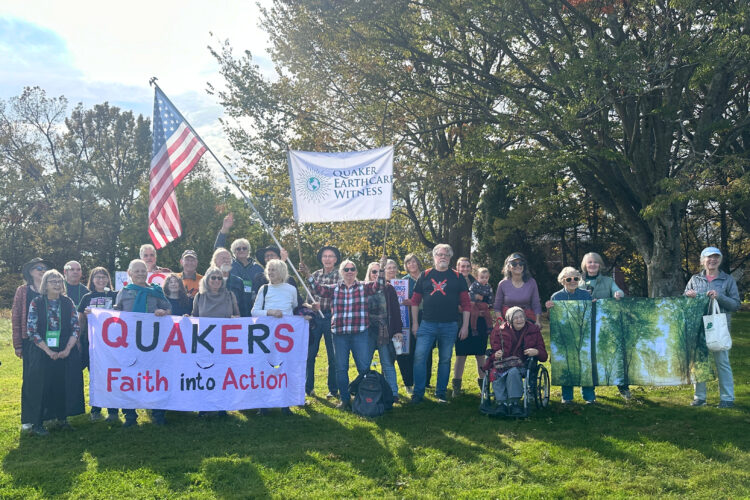Ecological Guidance and the Sense of the Divine

By Keith Helmuth.
The fate of the human now hangs on our engagement with ecological guidance; the task Thomas Berry calls “the Great Work.” The sense of guidance provided by the ecological worldview is not unlike a new revelation, perhaps even a new sense of the Divine.
We may not have an adequate name for this new sense of the Divine, and that’s probably a good thing. A little caution is in order after several millennia of such certainty, and the often unfortunate results of this mindset. Rather than clamping onto a new sense of certainty, authentic ecological guidance seeks a fully rounded understanding of the human-Earth relationship; it grows from a sense of presence and beauty; it responds with respect, cooperative reciprocity, reverence for life, and an ethic of right relationship.
Whether this new sense of the Divine, and its collective behavior, will emerge in the current and coming generation is a troubling question. On the face of it, the prospects do not seem hopeful. It seems likely a great fling of human aggrandizement and perhaps a sink of societal regression are yet to be played out. But, at least, we are now at a point in the human situation where the options are clear. Either the processes of cultural and economic life become infused with ecological guidance, or the trajectory of unlimited economic growth, inequitable wealth accumulation, intense competition, wasteful consumption, and resource wars will continue to grind Earth’s ecosystems and social systems into breakdown and collapse.
There can be no doubt, however, that in the long run the powers and processes of Earth will prevail. At what cost to humanity depends on the adaptive stance we take. If we can shift our collective focus to the human-Earth relationship, and build the discipline of cooperative reciprocity into every level of this relationship, we will have a better chance of redeeming our culture from its renegade status, and, perhaps, give the human story a longer and more equitable prospect than is currently in view.
At some point down the road we may come to a resting place under a sheltering tree by a clear flowing stream. The “storm of progress” will be a painful memory recounted in sad, but instructive, stories. Nearby, children will be gathering armfuls of flowers from woodland meadows and domestic gardens on their way to the community pavilion where citizens will soon gather to honor the order of the soul in the great commonwealth of life and share the plentitude of the good Earth.
As we gain skill in making this transition, we may be pleasantly surprised to find ecological guidance and the presence of the Divine, pivoting into a single focus. In the simplicity and clarity of this revelation we may pause and wonder why it has taken us so long to find our bearings.

